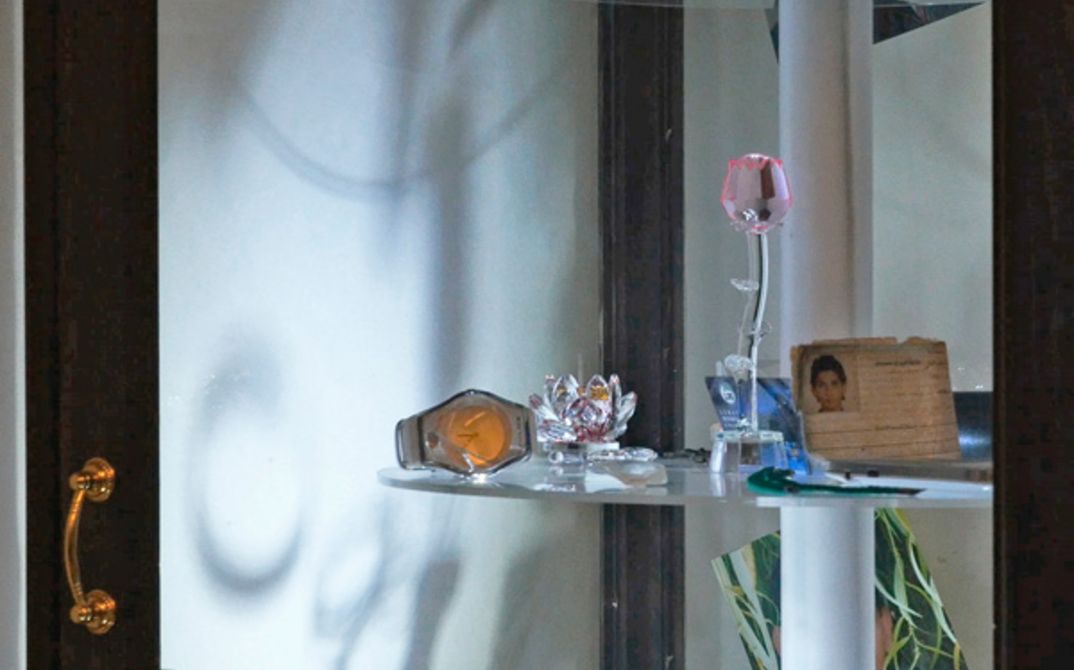For further information please download the respective Forum Expanded sheet (PDF).
The Shiite dominated neighborhood Haret Hreik in Beirut houses the headquarters of the Hezbollah Party, invisible to the outside. In 2006 the Israeli Army bombarded the neighborhood, which Hezbollah then quickly rebuilt. This rebuilding project is part of a military conflict and a geopolitical network in which architecture takes part in the production of space, landscape, and memory. The video installation shows offices where the reconstruction was planned and designed, one of the rebuilt houses itself, as well as a hall where Hezbollah sympathizers regularly gather to attend video addresses by the party leader Hassan Nasrallah. What does it mean when new buildings are meant to be added without rupture or break into the existing urban structure and into individual memories? How has the interpretation of resistance by Hezbollah become a dominant project that is manifest spatially? What does building mean if it leaves no room for ruins and commemoration, because it thinks in a logic of brief intervals of warlessness?
Sandra Schäfer, born in 1970 in Altenkirchen, Germany, is an artist living in Berlin. Her artistic works deal with the production of urban and transregional spaces, history, and visual politics. Her works are often the result of longer projects in which she researches the processes of unwrapping and re-reading documents, images, and spatial narratives. Her works have been shown in exhibitions internationally. She has been a member of the feminist distribution project Cinenova in London since 2010.
Production: mazefilm, Berlin; Akademie der Künste der Welt, Cologne; Urban Subjects, Vienna
Camera: Sandra Schäfer
Cast: Ibtissam Malak, Hassan el-Jeshi, Rahif Fayad
Format: 4-channel video installation, color
Running time: 27 min
Language: Arabic, English
Photo: © Sandra Schäfer, VG Bild-Kunst, Bonn 2017
